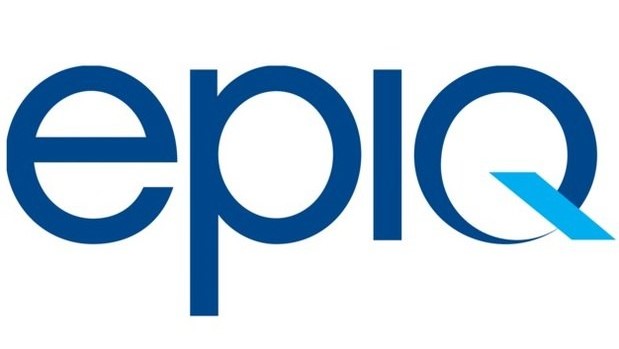Epiq Global announced today the launch of Epiq AI Discovery Assistant, an artificial intelligence-powered platform that aims to automate significant portions of the document review process, along with the formation of Epiq AI Labs, a research initiative focused on developing advanced AI technologies for legal applications.
To lead the new lab, Epiq has hired AI experts Igor Labutov and Bishan Yang, computer scientists who cofounded Laer.ai, developer of a generative AI e-discovery review product for litigators. Epiq also acquired the rights to Laer’s intellectual property and technology.
In addition, Epiq announced Epiq AI Discovery Assistant Review Services, where corporate legal departments and law firms collaborate with Epiq AI consultants, review managers, and teams to expedite review and validate results using Epiq AI Discovery Assistant.
The company claims the new platform can automate more than 80 percent of traditional e-discovery processes and complete reviews up to 90 percent faster than traditional technology-assisted review (TAR) or linear review methods, with the ability to analyze up to 500,000 documents per hour.
The platform, which has already been deployed with several clients, including law firm Sullivan & Cromwell LLP, takes a different approach from other AI-powered e-discovery tools by using multiple specialized AI models rather than relying solely on a single large language model such as GPT-4.
“We wanted something that was going to be very different and set us up with a unique approach that could be applied to a lot of different use cases,” said Eric Crawley, senior vice president of legal solutions at Epiq.
The system uses what the company describes as an “agentic approach,” automatically selecting appropriate AI models for specific tasks without requiring manual intervention. It creates hundreds of prompts and multiple models from review protocols to classify documents across various parameters simultaneously.
According to Igor Labutov, vice president at Epiq and one of the primary architects of the technology, the platform’s key differentiation is its ability to analyze documents within the context of an entire matter rather than reviewing them in isolation.
“For lots of these large matters, the story or the narrative is often kind of all across the document collection,” Labutov said. “Important facts or evidence could be in the place you least expect. …
“Currently, even when we started back in the day with search terms, LLMs or various kinds of improvements over it like RAG are just better ways of searching the document collection. Even if we’re talking about prompting, for example, it requires the user to know what they’re looking for.”
The newly formed Epiq AI Labs will focus on developing foundational technologies for legal AI applications, with Cornell University as a founding member. The lab is led by Labutov and Bishan Yang, both of whom hold doctorate degrees in computer engineering from Cornell and recently joined Epiq through an acquisition of their technology and intellectual property.
“Part of the labs and part of the initiative behind the collaboration with Cornell is to educate the market,” Labutov said, “to create public-facing content from webinars, blog articles and all that’s sort of unencumbered by sales, but really focused on explaining the technology, its limitations, projecting into the future where it may go, where it may not go – dispel some of the myths maybe and some of the unrealistic expectations that folks have around generative AI.”
The platform is available for deployment both on-premises and in the cloud, with Epiq offering professional services to help clients implement and optimize the technology. While the system currently uses a predetermined mix of AI models, the company indicates it has the technical capability to support customer-specific model preferences in the future, including the potential for fully on-premises models based on open-source alternatives like LLAMA.
Matthew Schwartz, a partner at Sullivan & Cromwell, who says he has used the platform on several different projects, noted that it “significantly reduces the volume of documents we need to have first-level reviewed and the time it takes to do so.”
While emphasizing the platform’s automation capabilities, Epiq executives stressed that human review hasn’t been eliminated from the process. “We don’t believe human review has been eradicated. We’re not at that point,” Crawley noted, describing the technology as transforming document review into “a different mix between software and services, the combination of human and artificial intelligence.”
 Robert Ambrogi Blog
Robert Ambrogi Blog